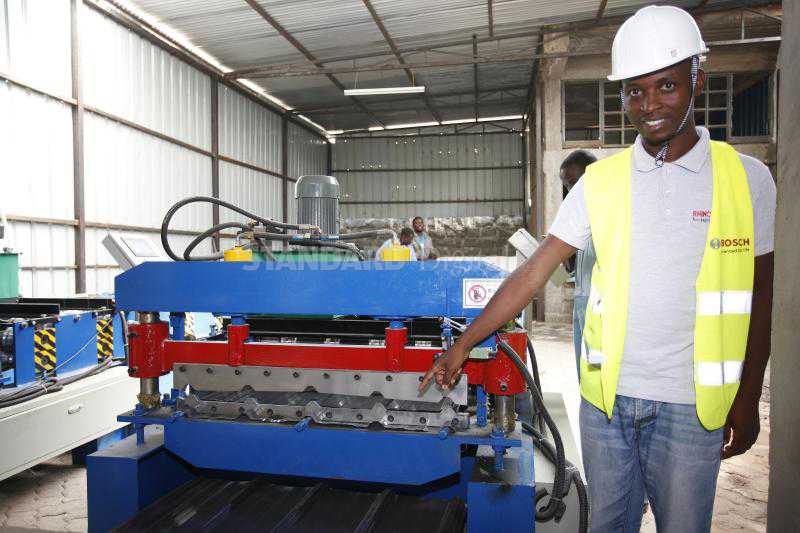×
The Standard e-Paper
Stay Informed, Even Offline

When in 2015 Andrew Muriungi quit his job with a leading media house, his family was aghast.
Muriungi was riding high in his career as an advertising manager and earning a salary that only a few could dream of.